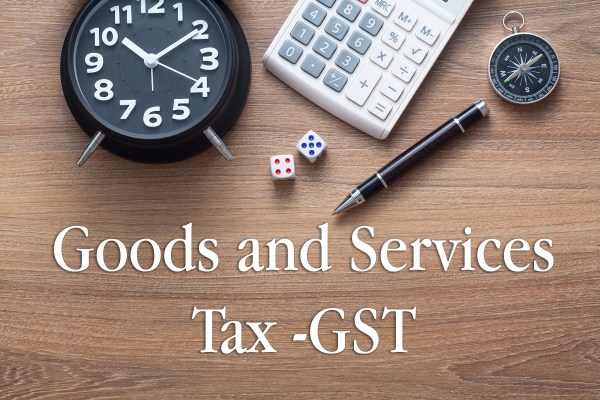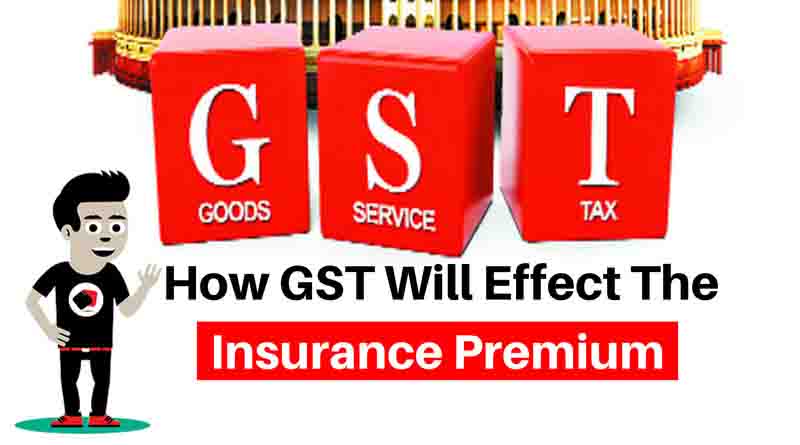The New GST Umbrella And Its Power Over Insurance
The implementation of Online GST changed the course of the nation. By making it online, it became easier for some to pay their taxes, but the modifications made under the one tax system affected personal finances too. For instance, investment, banking, and insurance were all charged at a 15% service tax under the previous tax regime. After GST, they are charged at 18%.
In this article, we take a look at how the Goods And Service Tax has altered the insurance world for consumers. To grasp the impact, we have to first comprehend the main types of insurances available to a person, which are three:
- Term insurance plans
- ULIPs
- Endowments
Each insurance requires a premium which is divided into two portions. The first is risk coverage, and the other is savings. Tax is applicable only on the former and not on savings part of the premium. In the earlier tax era, the service tax applicable on the premium (risk coverage) on all three types of insurances differed. Under the new GST rules, there has been a revision on the value services when it comes to insurance, and the tax levied on it. Know More about the impact of GST on Insurance Premium.

The New Tax On Insurance As Per GST
Service, in insurance, is now defined as:
- The gross premium is the amount after subtraction of saving/investment by the policyholder.
- 10% of the single premium is charged if the policyholder has single premium annuity policies
- In the first year, 25% of the premium is charged. In subsequent years, 12.5% of the premium is charged. This is applicable for all other cases such as endowments. For example, if the premium of a plan is Rs.1000, then the premium is Rs. 250 and Rs. 45 is the GST applicable to it.
- If the policyholder pays the premium only for risk coverage, as in term insurances, then the GST levied is 18% of the whole premium amount.
All in all, the impact of GST on term insurance and endowments plans is higher outgo because the tax levied is greater. Overall, it signifies a 3% increase in premium from the previous one in the fields of:
- Life insurance
- Health insurance
- General insurance
What The Outlook On Insurance And GST?
To sum it up, there are four crucial factors a consumer should be aware of when it comes to the implementation of GST in insurance premiums.
- When compared to the previous service tax rate, the GST rate is much higher, which means insurance premium are costlier.
- The cost of health and motor insurance is more than before.
- The GST Act may give a concessional tax rate on two types of coverages – endowments and ULIPs

While the three percent impact is nominal, it is the policyholder who has to bear it (in both new and existing users). To understand the effect of GST on insurance better, here is an example.
Let say you have a term plan for which you paid a premium of Rs. 10,000. This did not include the 15% service tax that was levied under the previous tax system. After the implementation of GST, both the tax and premium are impacted. In short, the amount goes from 11,500 to 11,800.
The good news is that GST effects every insurer. Therefore, a buyer just has to compare the premiums of insurance policies, specifically in term plans, to know which is better. Be sure that you check if the premium includes or excludes GST. As long as you create an informed and smart selection process, the GST system should burden you too heavily when it comes to insurance.
Yes, there is a slight rise in the payment, but as we said, it is nominal. What matters more is finding the right health, motor, life, or any other insurance. Therefore, as ever, be careful while shopping for insurances. Read the terms and conditions properly before making the final decision.


